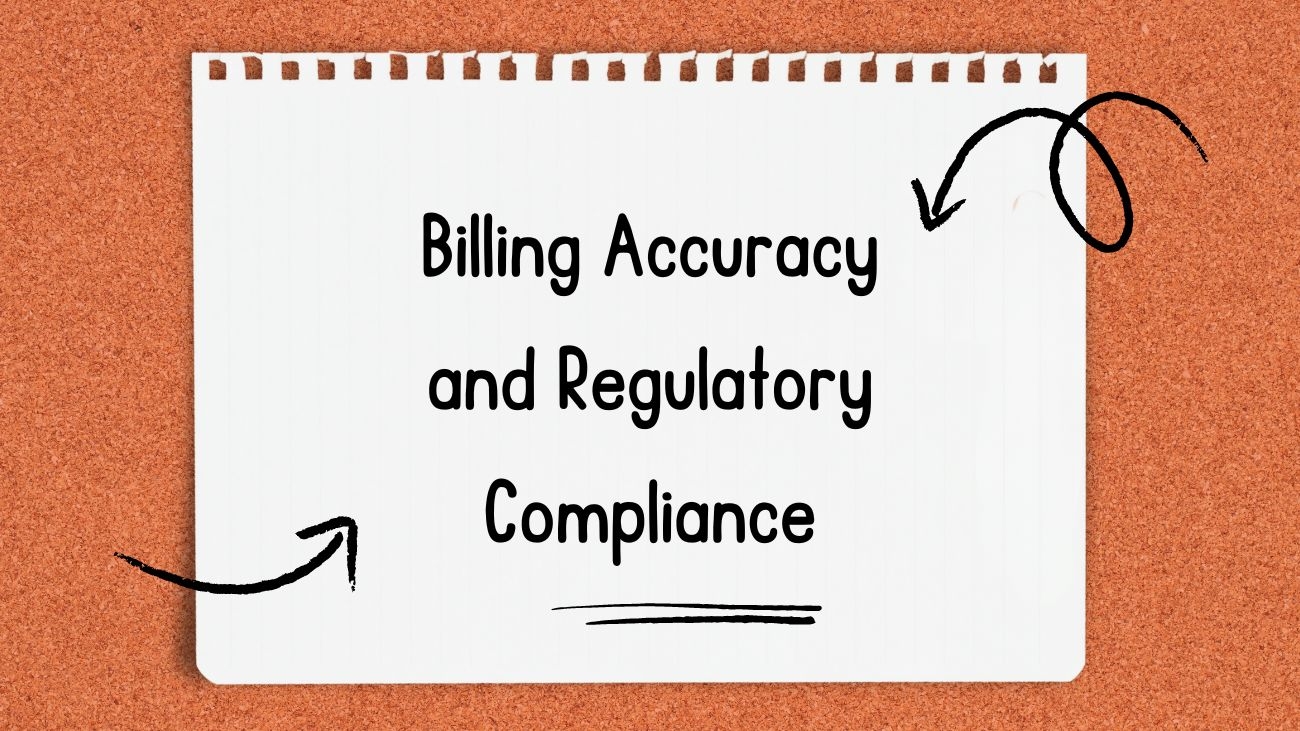Ensuring precise billing practices and staying in line with regulatory compliance are crucial in today’s dynamic business world, wouldn’t you agree? It’s key to regularly assess your team’s performance, enhance their personal and collective objectives, and craft strategies to reach these goals effectively. Dive into the world of Revenue Cycle Management (RCM) compliance – understand its meaning, different types, and methods to guarantee adherence.
This blog offers a comprehensive exploration of the fundamentals behind accurate billing and regulatory compliance.
Understanding of RCM Compliance
Understanding compliance in revenue cycle management involves examining the context of a healthcare entity. Compliance refers to the observance of relevant laws, rules, and industry benchmarks concerning billing, coding, and reimbursement protocols to ensure ethical and legal conduct.
For example, a healthcare organization’s billing team must adhere to HIPAA regulations to protect patients’ confidential health data. Additionally, they need to follow CPT codes and ICD guidelines to accurately represent provided medical services. Adherence to Medicare and Medicaid billing regulations is vital to prevent fraudulent activities.
Regular internal audits and continual staff training are fundamental components of a robust revenue cycle management compliance framework. Failure to adhere to these standards can lead to severe penalties, reputational damage, and potential legal repercussions. Prioritizing compliance contributes to upholding integrity, efficiency, and trust within the revenue cycle management process, benefiting both the healthcare organization and its patients.
“The findings of a Gartner survey revealed that around 32% of the surveyed employees indicated they required assistance in finding relevant information when they didn’t meet a compliance requirement.”
Key Healthcare Compliance Regulations
- HIPAA (Health Insurance Portability and Accountability Act)
- HITECH (Health Information Technology for Economic and Clinical Health Act)
- MACRA (Medicare Access and CHIP Reauthorization Act)
- ACA (Affordable Care Act)
- EHR Incentive Program (Meaningful Use)
Ensuring Compliance and Integrity in RCM
Here are the key strategies for ensuring compliance and integrity in your RCM practice;
- Establishing Clear Policies and Procedures
- Develop comprehensive RCM policies covering all aspects and regularly review them for relevance and efficacy.
- Ensure policies’ accessibility, transparency, and enforceability through monitoring systems.
- Conducting Regular Training and Education Programs
- Promote a culture of continuous learning, customize training content, and organize interactive workshops to enhance understanding.
- Monitor participants’ progress and involve industry experts to provide fresh perspectives.
- Implementing Auditing and Monitoring Processes
- Define a comprehensive audit scope, conduct frequent internal audits, and utilize real-time data tracking tools.
- Engage independent auditors for unbiased evaluations and establish key performance metrics for reporting.
- Promoting a Culture of Compliance and Integrity
- Demonstrate top-level commitment to compliance, recognize and reward ethical behavior, and communicate the significance of compliance regularly.
- Establish confidential reporting channels and protect whistleblowers against retaliation.
- Enforcing Consequences for Non-Compliance
- Implement consistent disciplinary actions, conduct fair investigations, and match consequences to the severity of non-compliance.
- Use non-compliance incidents as learning opportunities and promote a just culture by encouraging reporting of unintentional errors.
- Utilizing Advanced Technology and Automation Tools
- Implement comprehensive RCM software solutions, leverage AI-driven analytics, and employ automated auditing processes with real-time reporting and alerts.
- Invest in robust cybersecurity measures to protect sensitive data and ensure compliance with privacy regulations.
- Collaborating with Regulatory Authorities and Industry Peers
- Engage in industry forums, stay updated on regulatory changes, collaborate with peers on compliance initiatives, and participate in voluntary compliance audits.
- Advocate for clear and consistent regulations to contribute to a compliant and transparent healthcare ecosystem.
Conclusion
Maintaining compliance and integrity in revenue cycle management presents ongoing obstacles given the ever-changing regulatory landscape, intricate billing processes, and the risk of fraudulent activities. Precision in coding, timely documentation, and robust data security are essential to uphold revenue cycle management compliance and mitigate revenue loss.
For further insights into our approach to regulatory compliance, feel free to contact us.



